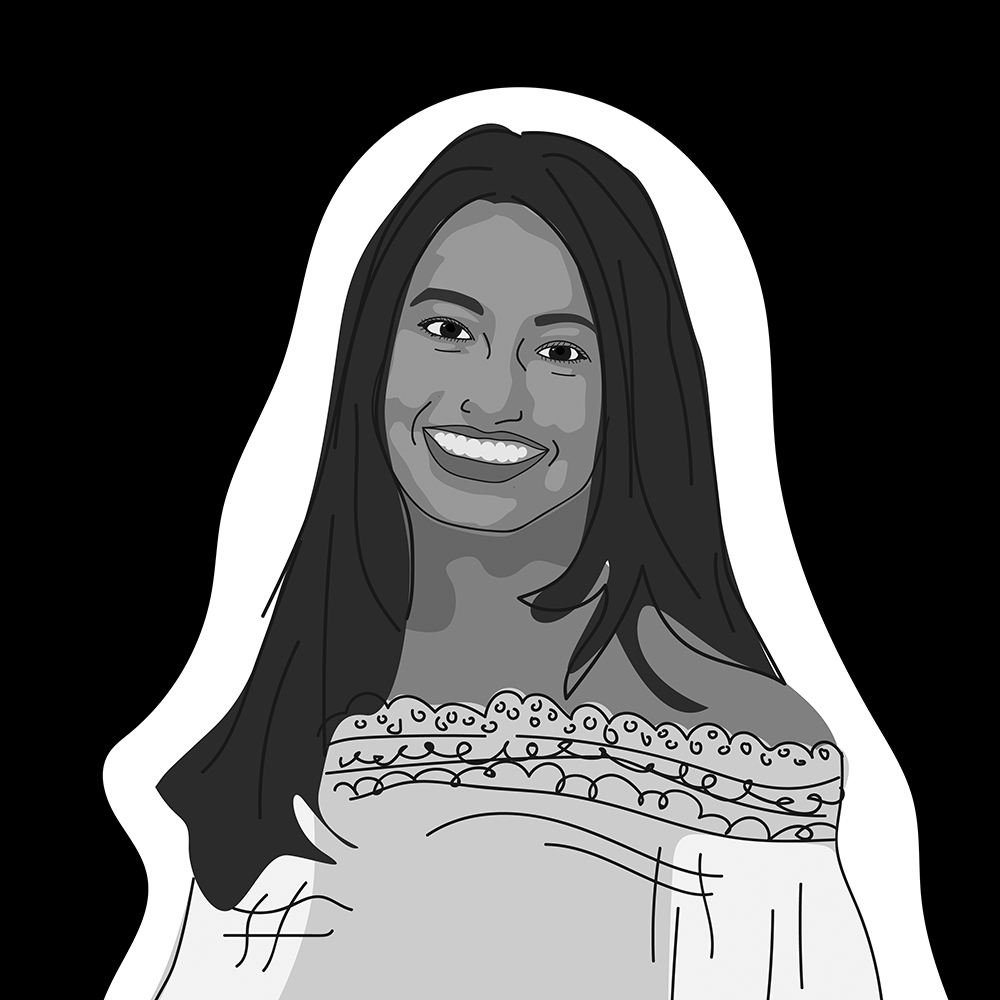Who I am as both a Jew and a person begins with my grandparents’ bookshelf. Their bookshelf was my first window to my Jewish heritage, with stories that took me from the Old City of Jerusalem to the Sea of Galilee. These tales of people, places and pain allowed me to understand not only history, but also how I too am part of a much greater story that will always be unfinished.
Growing up, every book I read meant time spent curled up beside my grandfather, attempting to answer the moral questions he posed. He always seemed to have the answers, yet he always prodded me until I found them myself. At 8 years old, I stumbled upon what would become my greatest enigma: seven simple words. On the cover of what appeared as an ordinary siddur — or Jewish prayer book — read “all the world is a narrow bridge.” After finally discovering the meaning of the quote a decade later, I realized it embodied a universal need to speak across difference in the pursuit of unity.
I desperately yearned to discern the truth behind the quote on the cover of that siddur to no avail. But my grandfather taught me that sometimes knowledge cannot be learned — it has to be experienced. My adolescence was defined by this Jewish spirit of inquiry, influenced by the fictitious characters I had grown up with. Though their stories were diverse, they all challenged normalities in their communities for the sake of righteousness.
Years later, I once again sat beside my grandfather, this time at Rosh Hashanah services listening to the Rabbi’s sermon. “The whole world is a narrow bridge, and the essential thing is not to fear at all.” I nearly began shouting in a silent sanctuary. I realized the quote had a second part.
Two weeks into my time at Georgetown University, I lost my grandfather. Upon his death, I began to realize why after all these years the quote mattered so much to me: It was exactly how he saw the world and how he wanted me to see it, too.
My grandfather saw religion as a conversation, not an argument. The irony in my grandfather’s funeral was that he was eulogized by a Protestant pastor. What bonded my grandfather, who grew up as an Orthodox Jew before becoming deeply involved in the Reform Movement, to this pastor was precisely that perspective. He was an innately curious man, and he never asked a question without the intent to learn from others. I strive to emulate his genuine interest in the thoughts and feelings of others, regardless of how they differed from his own. His books allowed me to see beyond the limited lens we as individuals are given; his life taught me the importance of doing so.
Surrounded by preachers, rabbis and imams here at Georgetown, I am constantly reminded of the power religion has to unite those of different faiths and allow us to cross our narrow bridge. Those first steps are daunting, but we must remember that words unspoken become hearts unchanged. We cannot be afraid of the world. The only thing to be afraid of is our own inability to think we are not courageous enough to make it into what we want; a place of tolerance awaits us on the other side.
I hear my grandfather in every question I ask someone new at this institution, awestruck at the willingness of others to teach me what books cannot about what it means to be Catholic, or Muslim, or Hindu, and everything in between, but, most of all, what it means to be human. History is only half the story; humanity is the other. Each book from my grandparents’ shelf was a piece of who I would later become –– a piece put into place by the people I would meet and the perspectives they would share. For while novels can give you knowledge, only relationships can help you understand empathy.
Growing up in a family where the value of chesed, or lovingkindness, meant everything, I know I am prepared to cross this narrow bridge. From the moment I found that fateful siddur to where I am now, I’ve learned that if we can ask difficult questions, act with empathy and live with compassion toward all, we will move forward. To my grandfather, to my family and to me, that is what being Jewish is all about.
Carly Kabot is a freshman in the School of Foreign Service. Interfaith Insights appear online every other Wednesday.














